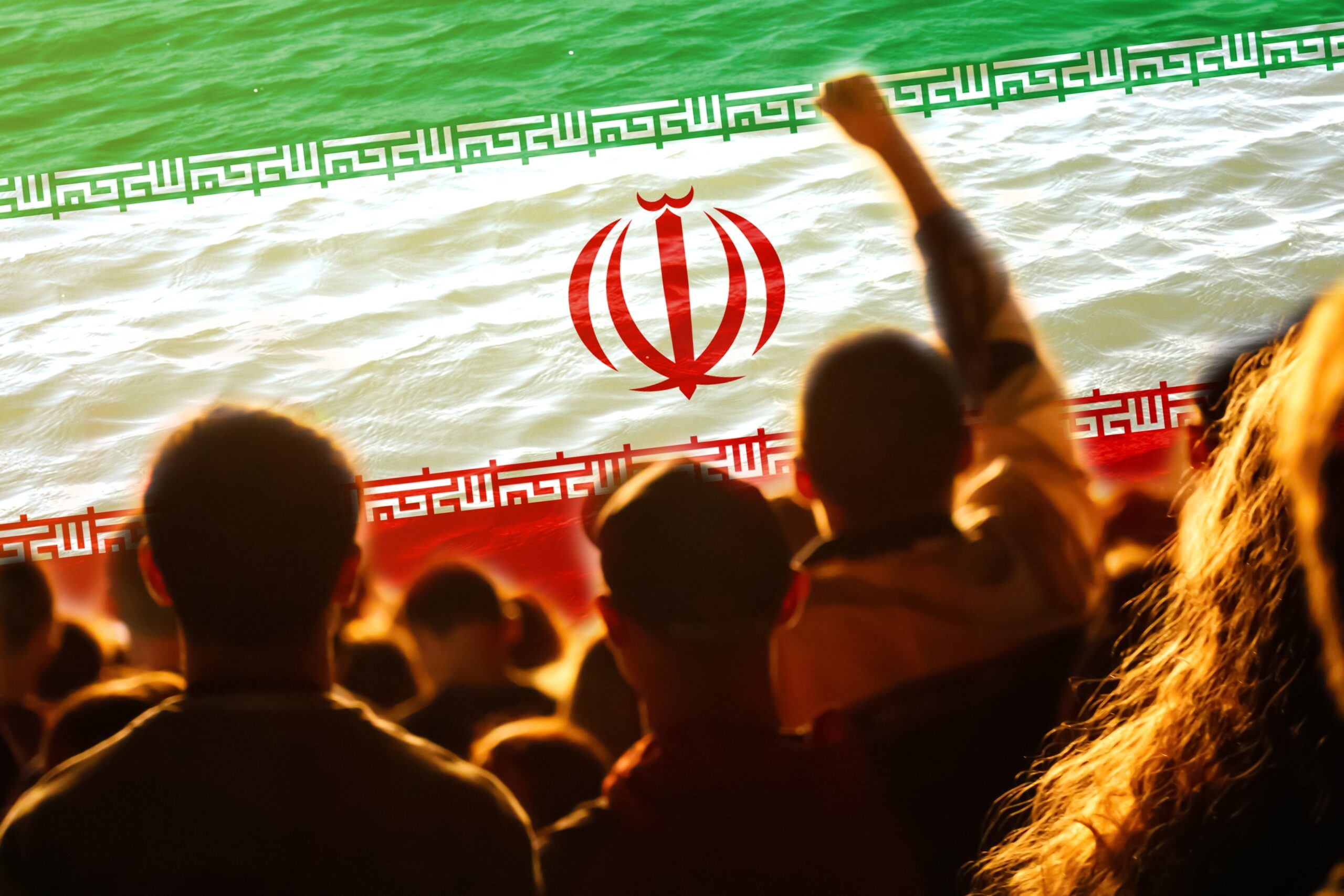Iran Issues WARNING – Stay Neutral!

Iran urges Gulf neighbors to remain neutral as President Trump embarks on a potentially game-changing Middle East tour that could reshape regional alliances and create new flashpoints in an already volatile region.
At a Glance
- Iran’s armed forces chief Mohammad Bagheri warned Gulf nations against taking sides as Trump visits Saudi Arabia, Qatar, and UAE
- Trump’s first major international trip of his second term focuses on economic interests while bypassing Israel
- The U.S. has halted strikes on Iran-backed Houthis and is engaging in nuclear negotiations with Tehran
- Gulf nations are being offered reassurance of America’s strategic commitment to the region
- Regional tensions include Iran’s struggling economy, ongoing Gaza conflict, and disputes over the Persian Gulf naming
Iran’s Call for Regional Neutrality
As President Donald Trump touches down in the Middle East for his first major international tour of his second term, Iran’s armed forces chief Mohammad Bagheri has issued a pointed message to neighboring Gulf states. Through Iranian news outlet Nournews, Bagheri urged regional countries to maintain neutrality, warning that taking sides could lead to increased tensions and destabilization.
The timing of this message coincides directly with Trump’s high-profile visits to Saudi Arabia, Qatar, and the United Arab Emirates, suggesting Tehran’s growing concern about potential shifts in regional alliances.
Iran’s appeal highlights its apprehensions about foreign intervention disrupting the region’s stability. The Islamic Republic has consistently positioned itself against what it perceives as outside interference in Gulf affairs, particularly from Western powers.
By calling for neutrality among its neighbors, Iran is attempting to prevent the formation of anti-Iran coalitions that could further isolate it economically and diplomatically at a time when its economy is already struggling under the weight of sanctions and internal political pressures.
Trump’s Gulf Strategy and Regional Implications
President Trump’s tour notably excludes Israel, raising questions about U.S. support for Israeli interests and signaling a possible shift in regional priorities. The trip focuses heavily on economic interests and potential business deals in energy-rich nations where Trump-branded real estate projects already exist or are being planned. Qatar has reportedly offered a luxury Boeing 747-8 to the United States as a gift and is planning a Trump-branded development, underscoring the commercial nature of these relationships.
“This is his happy place,” said Jon B. Alterman, director of the Middle East Program at the Center for Strategic and International Studies, describing Trump’s comfort with Gulf leaders.
Trump’s decision to engage in negotiations with Iran over its nuclear program has reportedly caused concern in Israel. Additionally, the U.S. has halted strikes on Iran-backed Houthis in Yemen, a move that surprised Israeli officials. These developments suggest a potential recalibration of American policy toward Iran, moving away from the maximum pressure campaign of Trump’s first term toward a more negotiated approach, despite maintaining strong rhetoric against the Iranian regime.
Cultural Sensitivities and Historical Context
Regional tensions extend beyond military and economic concerns to include cultural sensitivities. Trump’s previous consideration of renaming the Persian Gulf to the “Arabian Gulf” drew sharp criticism from Iranian officials and citizens alike. This naming dispute reflects deeper historical and identity-based conflicts in the region that continue to influence diplomatic relations and public sentiment. The Iranian response to such proposals has been unequivocal.
“This gulf has always been the Persian Gulf — and it will forever remain the Persian Gulf,” stated Ayatollah Ahmad Khatami, highlighting the issue’s significance to Iranian national identity.
Trump’s 2017 Middle East trip led to the Qatar crisis, with Bahrain, Egypt, Saudi Arabia, and the UAE imposing a boycott against Qatar that lasted until January 2021. The current visit comes against this backdrop of recent regional divisions, making the diplomatic stakes particularly high. Analysts suggest that the primary goal of the current trip is to reassure Gulf countries of America’s continued strategic commitment to the region after years of perceived U.S. disengagement.
Strategic Reassurance Amid Regional Challenges
The trip occurs as multiple crises flare across the region, including the intensifying conflict in Gaza and concerns about Iran’s nuclear program. These challenges create a complex geopolitical landscape that Trump must navigate while pursuing American interests. The administration appears to be balancing several competing priorities: maintaining strong ties with traditional Gulf allies, addressing Iranian influence, pursuing economic opportunities, and managing ongoing conflicts.
“Trump can easily score a win by reassuring them of America’s strategic commitment to the region, demonstrating consistent messaging and generally rising above the fray,” noted Elizabeth Dent and Simon Henderson, highlighting the relatively straightforward diplomatic opportunity the trip presents.
For Iran, the outcome of Trump’s regional engagement could significantly impact its strategic position. Tehran’s call for neutrality reflects its desire to prevent the escalation of tensions and maintain harmonious relations among Gulf nations. This standpoint aligns with Iran’s broader foreign policy goals of fostering regional independence and self-governance while minimizing the influence of external powers that it views as threats to regional stability and its own national security.












